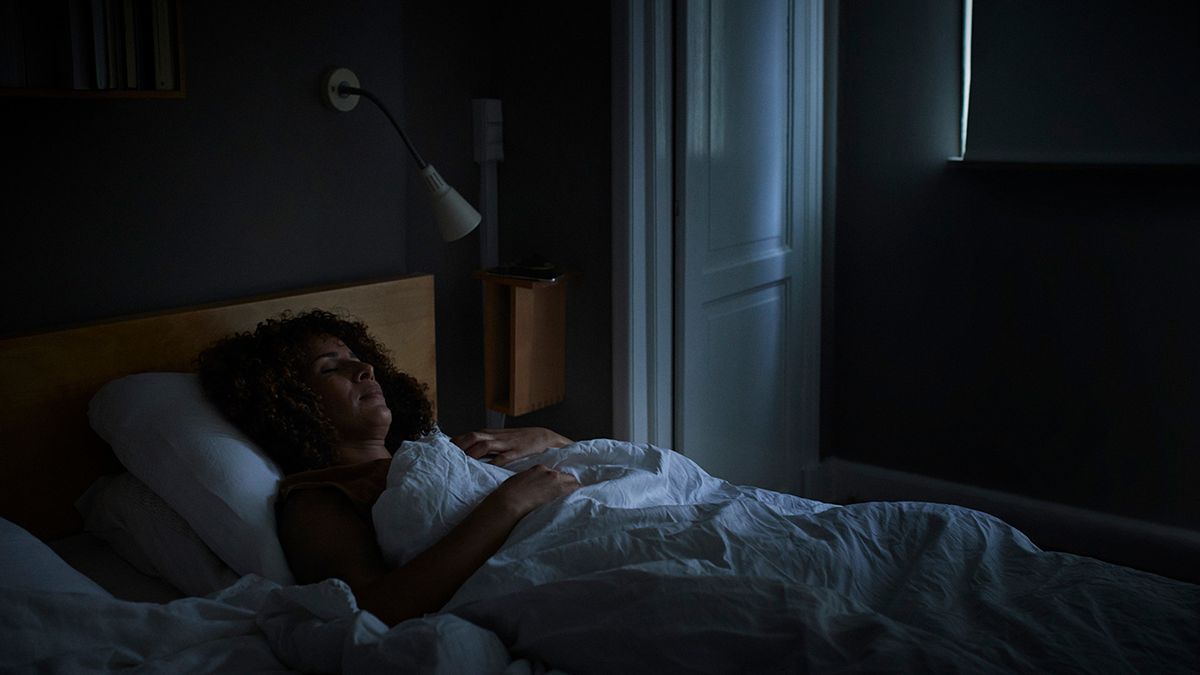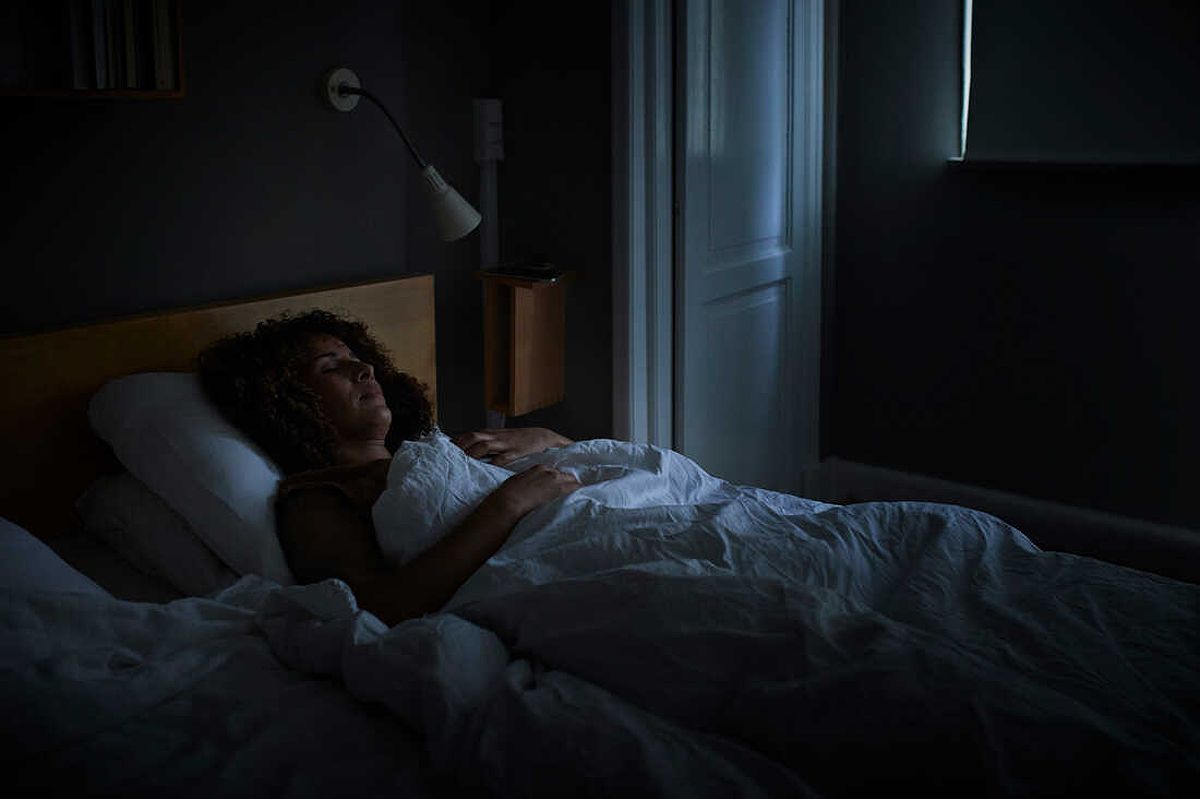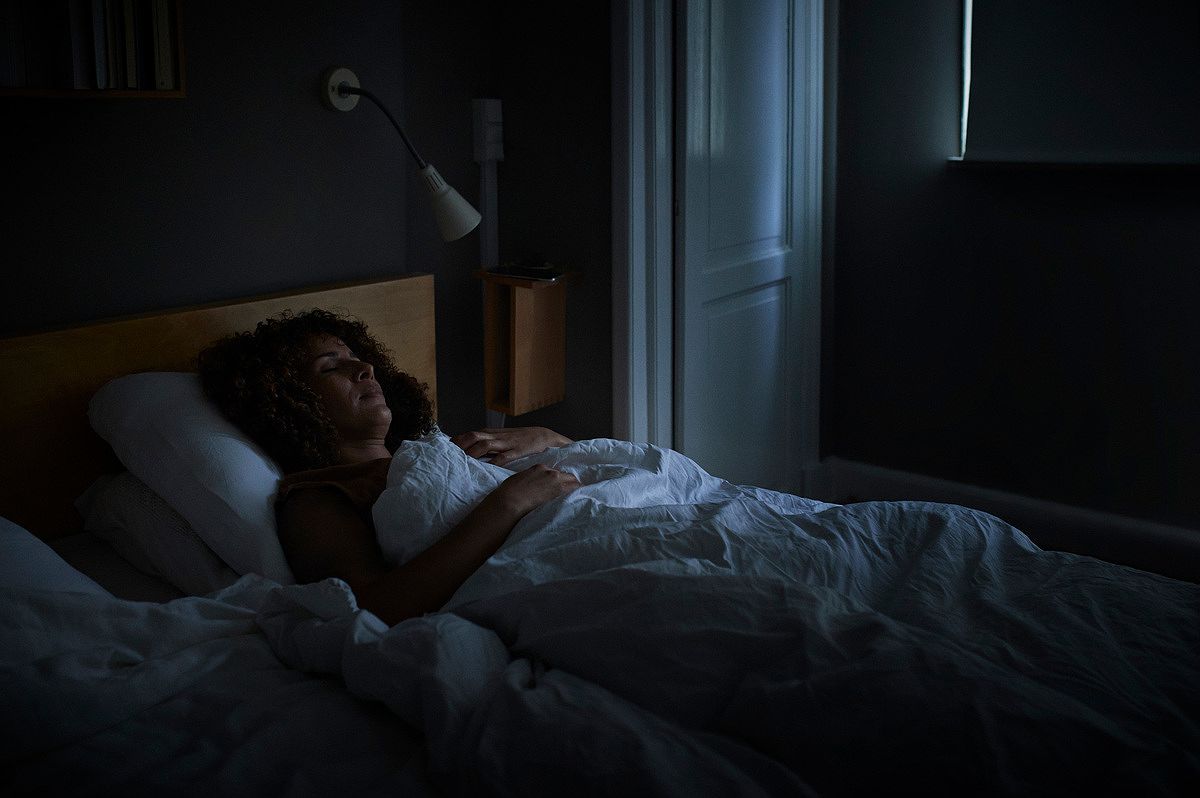New research suggests that even a moderate amount of artificial light during sleep may have adverse effects on cardiovascular and metabolic health. A study conducted by researchers at Northwestern University found that exposure to just 100 lux of artificial light throughout the night resulted in elevated heart rates and increased insulin resistance in healthy adults.
The Adverse Effects of Artificial Light at Night on Health
New research suggests that exposure to artificial light at night can have negative effects on cardiovascular and metabolic health. A study conducted by researchers at Northwestern University found that even a moderate amount of artificial light during sleep, as low as 100 lux, can lead to elevated heart rates and increased insulin resistance in healthy adults.
This study highlights the importance of understanding the impact of artificial light on our bodies, particularly during sleep. It raises concerns about the potential risks associated with prolonged exposure to light at night, including the development of chronic diseases such as insulin resistance, diabetes, and other cardiometabolic problems.
Research Findings: Elevated Heart Rates and Insulin Resistance
The study involved 20 participants who spent their first night sleeping in a mostly dark room. The following night, half of them slept in a room with overhead lighting. Throughout the night, the researchers monitored the participants' brainwaves, heart rates, and drew their blood every few hours. In the morning, both groups were given a high dose of sugar to measure their systems' response.
The results, published in the Proceedings of the National Academy of Sciences, showed clear differences between the two groups. The participants exposed to the light had elevated heart rates throughout the night and increased insulin resistance in the morning. These findings align with previous research indicating that exposure to light at night may predispose individuals to chronic diseases.
Potential Mechanisms: Sleep Disruption and Melatonin Suppression
The physiological effects of light on the body are still not fully understood. One possibility is that the light disrupts the quality of sleep, but surprisingly, this study did not find a significant difference in sleep quality between the two groups. Another potential mechanism is the suppression of melatonin, a hormone that regulates circadian rhythms and promotes sleep. However, the study did not find lower melatonin levels among those exposed to the light, suggesting that the light level may not have been bright enough to suppress melatonin.
Despite the lack of dramatic effects, the researchers believe that even relatively dim light exposure can disrupt the sleep-wake cycle. The small amount of light was enough to activate the sympathetic arm of the autonomic nervous system, responsible for the body's fight or flight response. This disruption to the nervous system during sleep can have negative consequences for overall health.
Implications for Metabolic Health and Chronic Diseases
The study's findings regarding metabolic health align with previous research showing that disruptions to circadian rhythms make it harder to regulate blood glucose levels. The cumulative effects of prolonged exposure to artificial light at night may increase the risk of chronic diseases such as insulin resistance, diabetes, and other cardiometabolic problems.
While this study only examined the effects of one night of light exposure, larger population studies have shown that sleeping with a TV or light on is associated with weight gain over time. Other research by Dr. Charles Czeisler and his colleagues at Brigham and Women's Hospital has found that disruptions to circadian rhythms, rather than sleep deficiency alone, have negative effects on metabolism.
Importance of Sleep Hygiene and Minimizing Light Exposure
These findings highlight the importance of sleep hygiene and minimizing exposure to artificial light at night. Even small amounts of light can have physiological effects on the body, and long-term exposure may increase the risk of chronic illnesses. It is crucial to create a sleep environment that is as dark as possible to promote optimal sleep and overall health.



